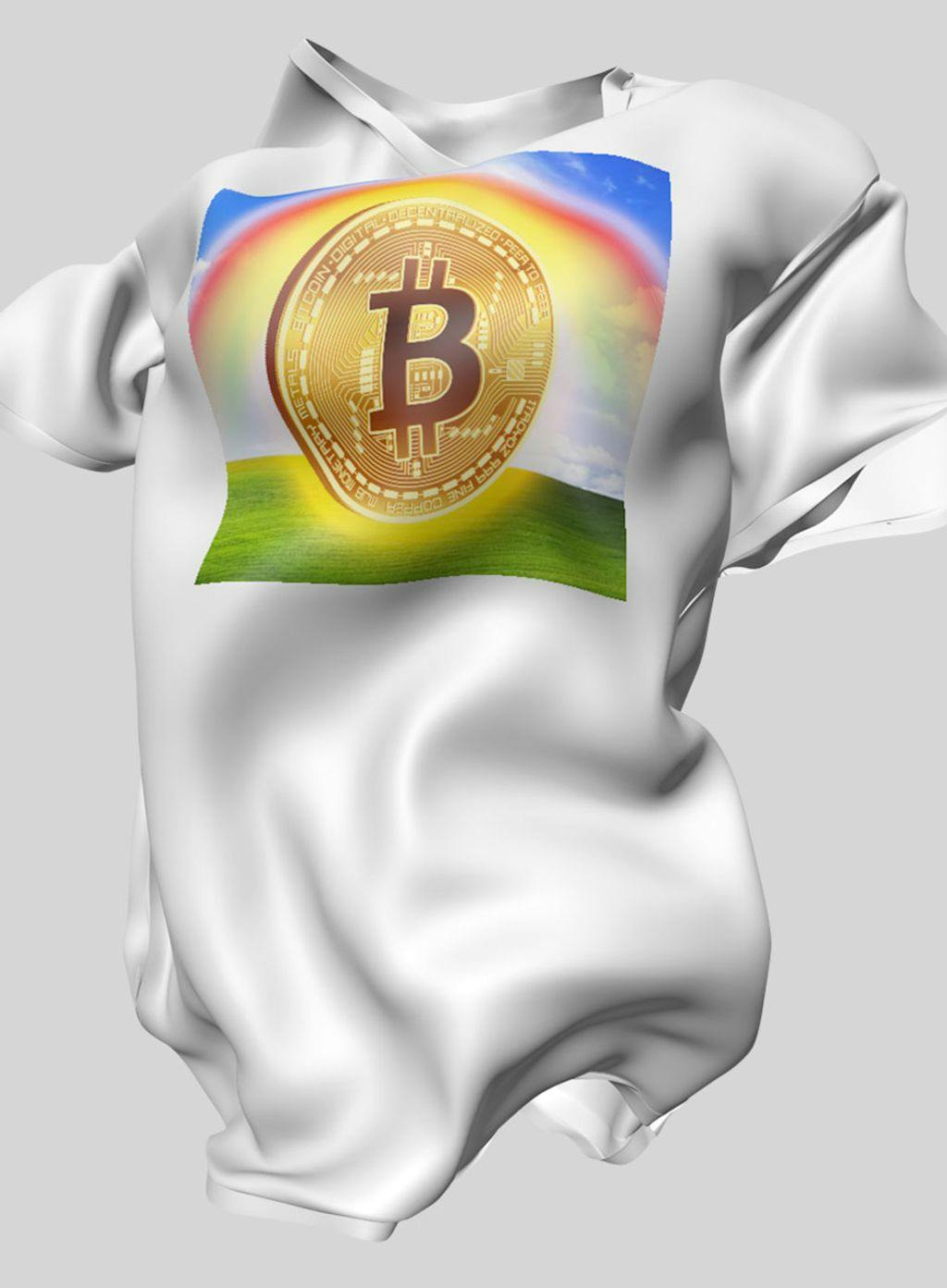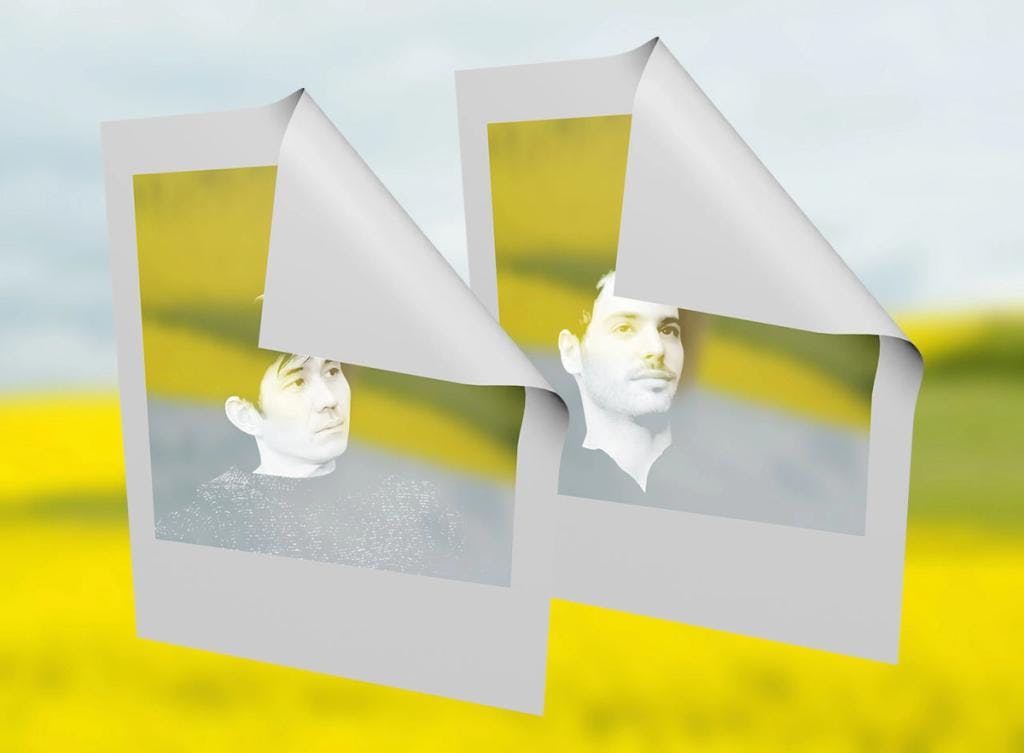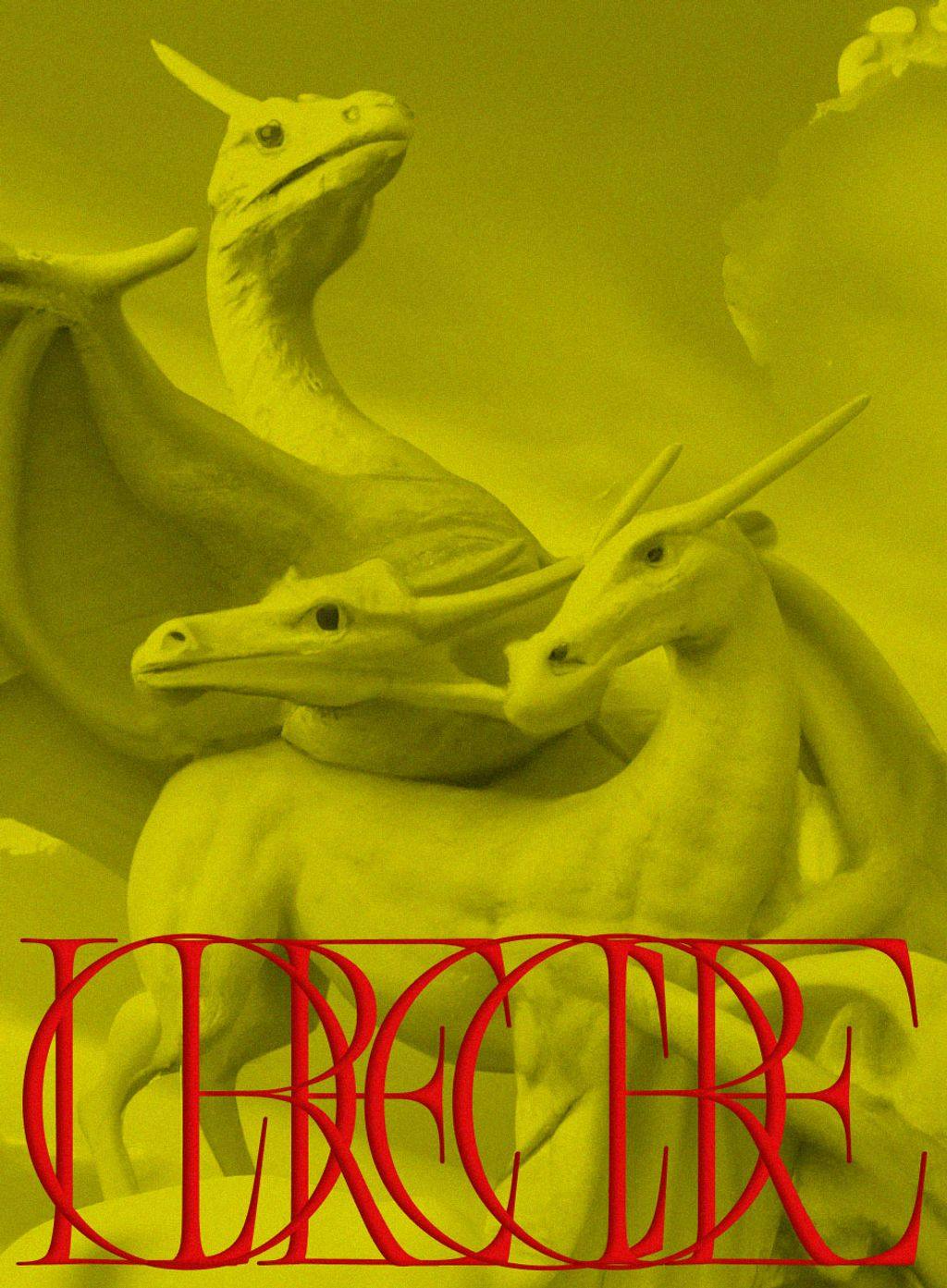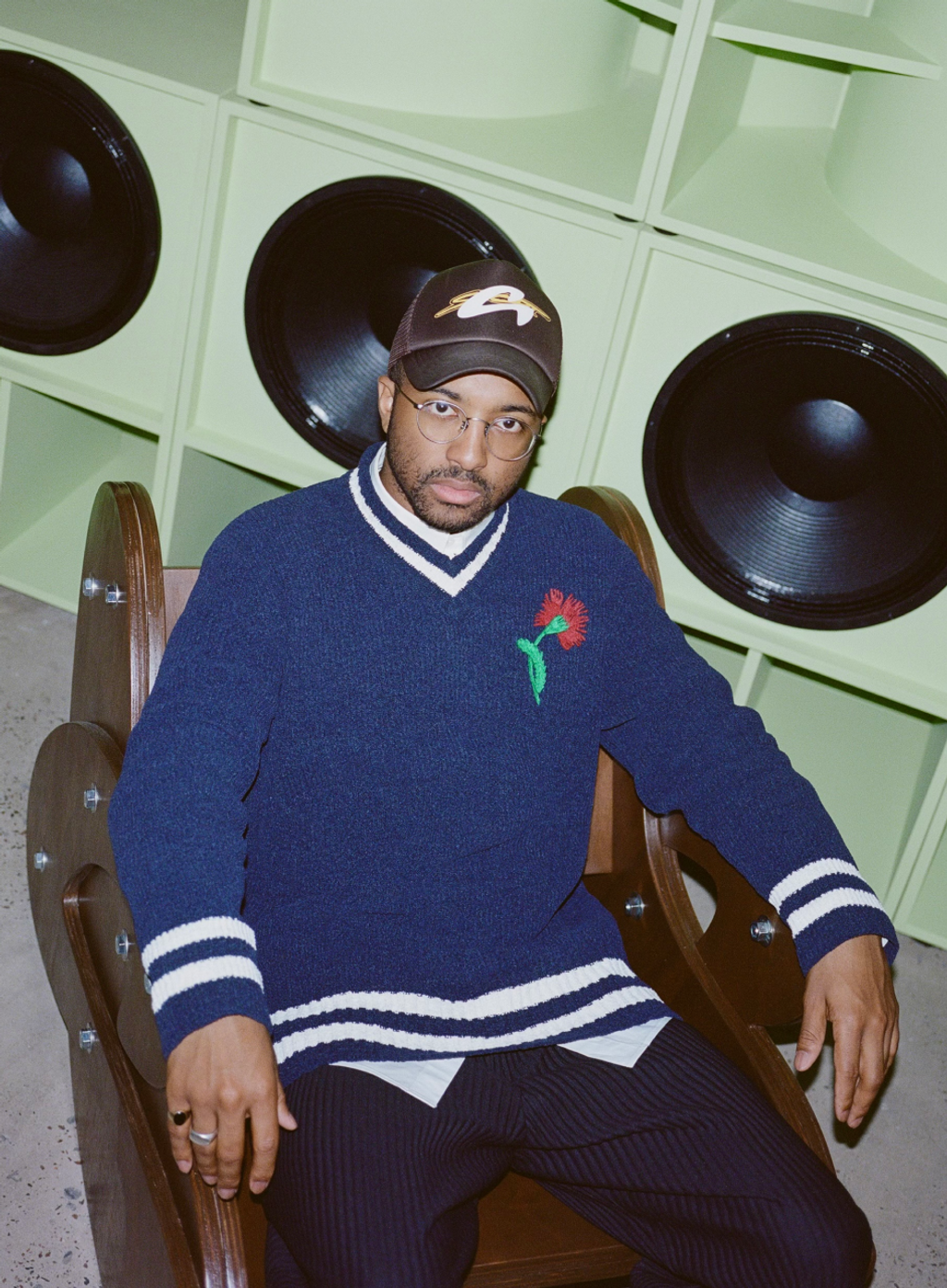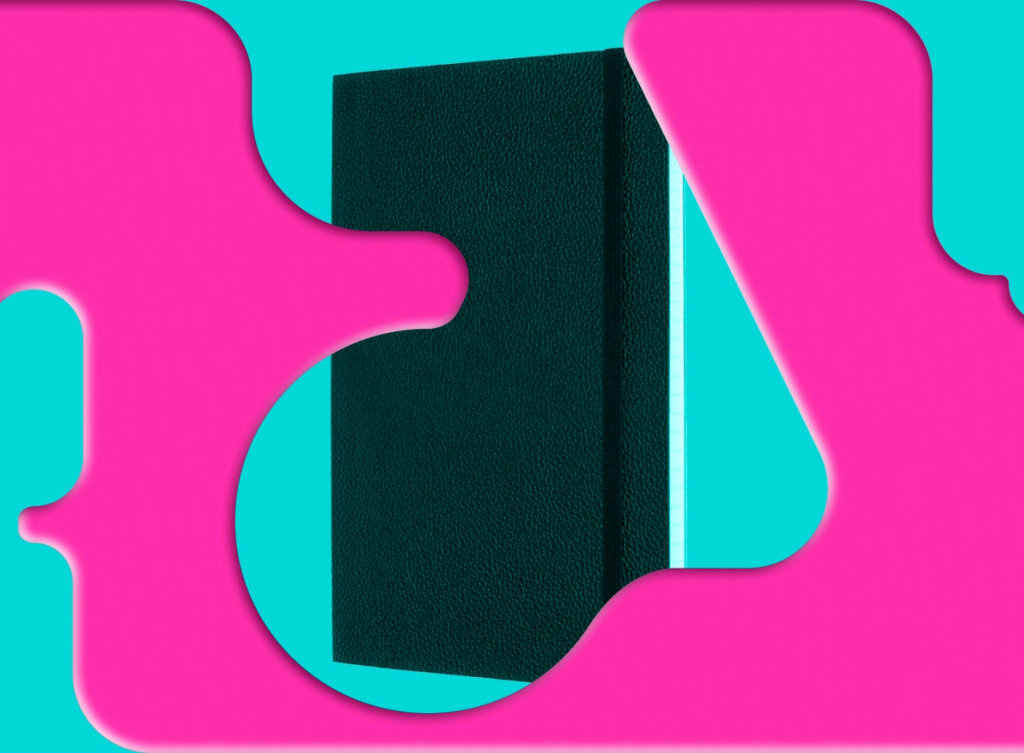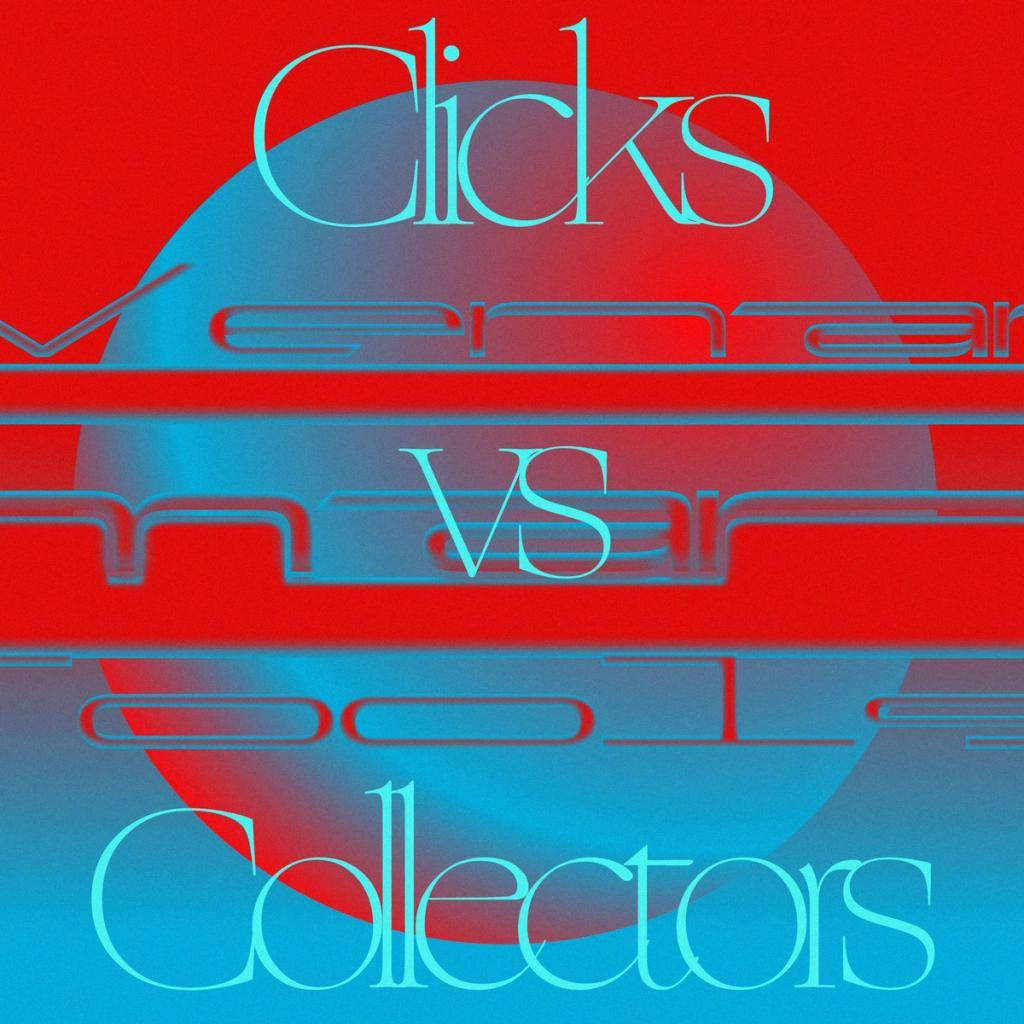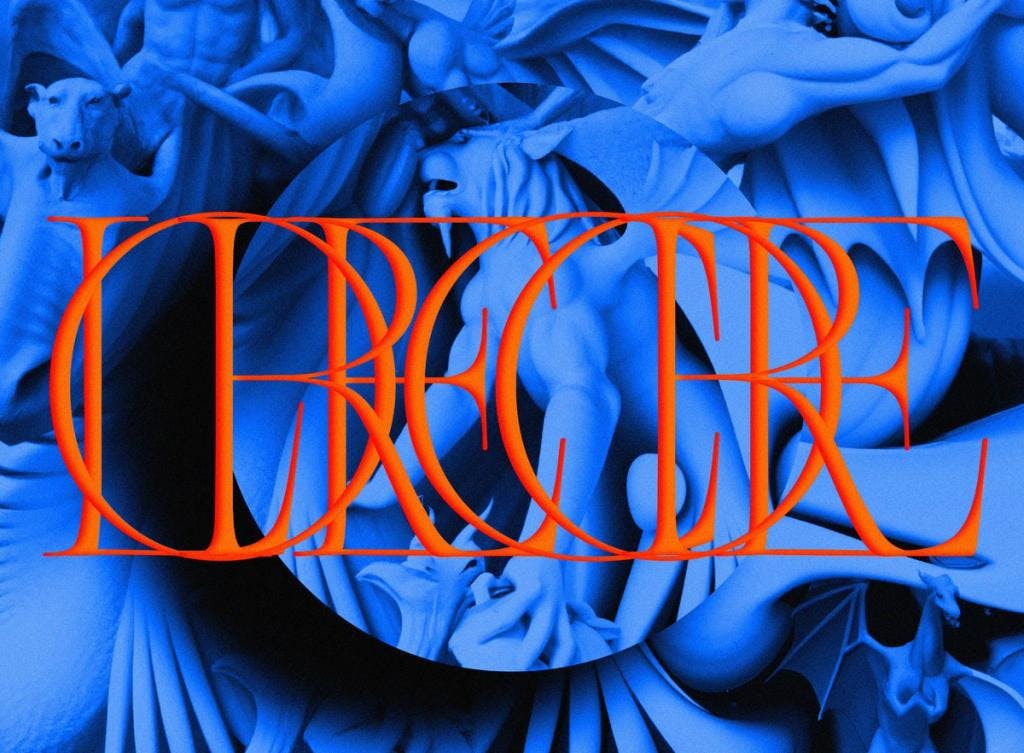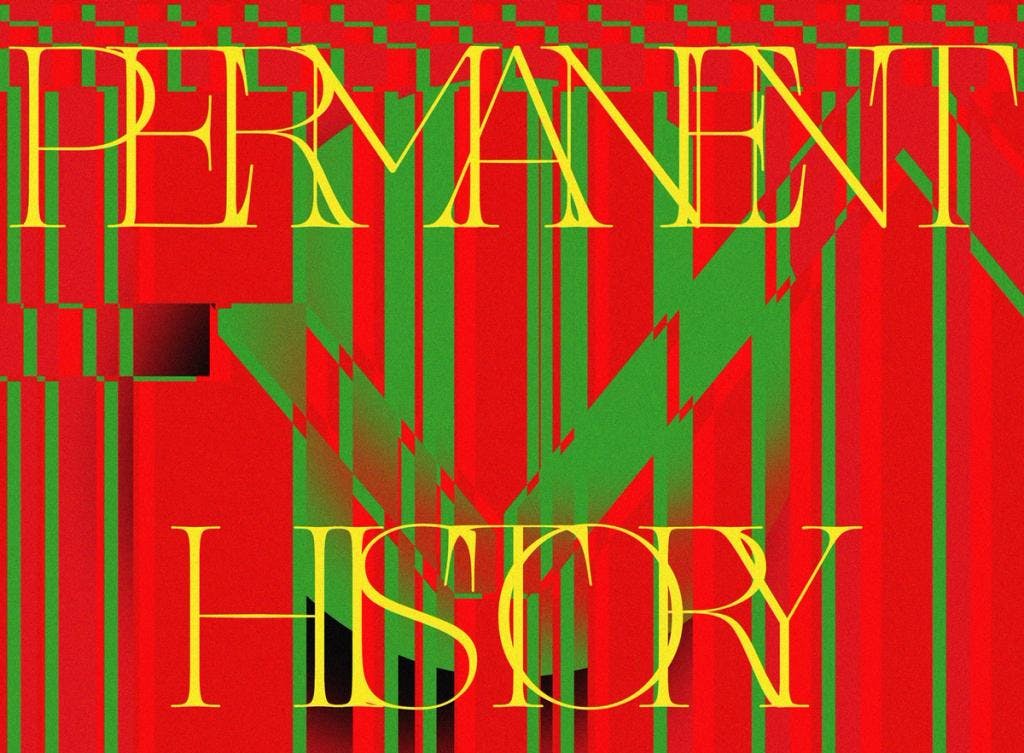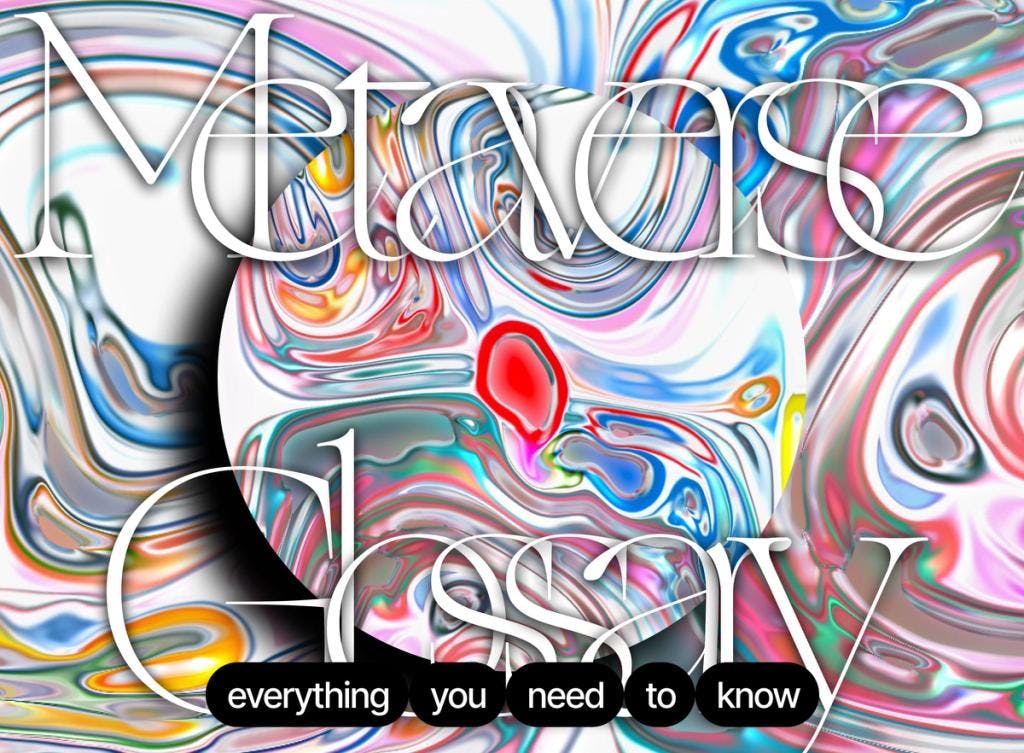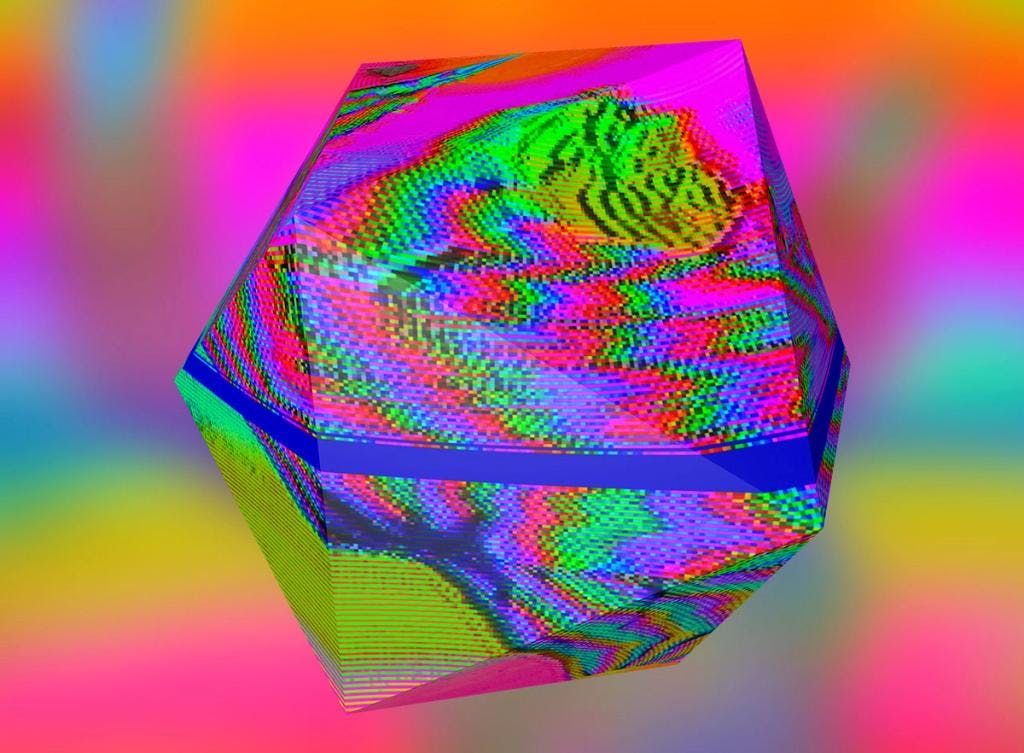


TakeaRideontheBlkchain
Take a Ride on the Blkchain
Sian Morson wants to build the largest collection of Black digital art and ensure BIPOC don't lose out on VC
Latashá Alcindor (ZORA): Can you please introduce yourself for the people who don't know you, but really should?
Sian Morson: My name is Sian Morson; I am an entrepreneur and investor. I'm basically a multi-hyphenate and a Gemini. So I've got my hands in a lot of different things, but I think most importantly, I'm the editor of The BlkChain, which is a newsletter and a website that I've created specifically with the goal and the ethos of amplifying the work of BIPOC, the LGBTQ community, and women in the NFT space.
LA: Beautiful. Who were you before you got into crypto?
SM: I'm probably most known for my entrepreneurial pursuits prior to all of this NFT stuff happening; I'm a three-time entrepreneur, I've moved into the [venture capital] space, I'm an angel investor and advisor—I think that's probably how most people know me. I was very, and still am to some degree, deeply into the startup and VC ecosystem, particularly in the Bay Area and now in Austin.
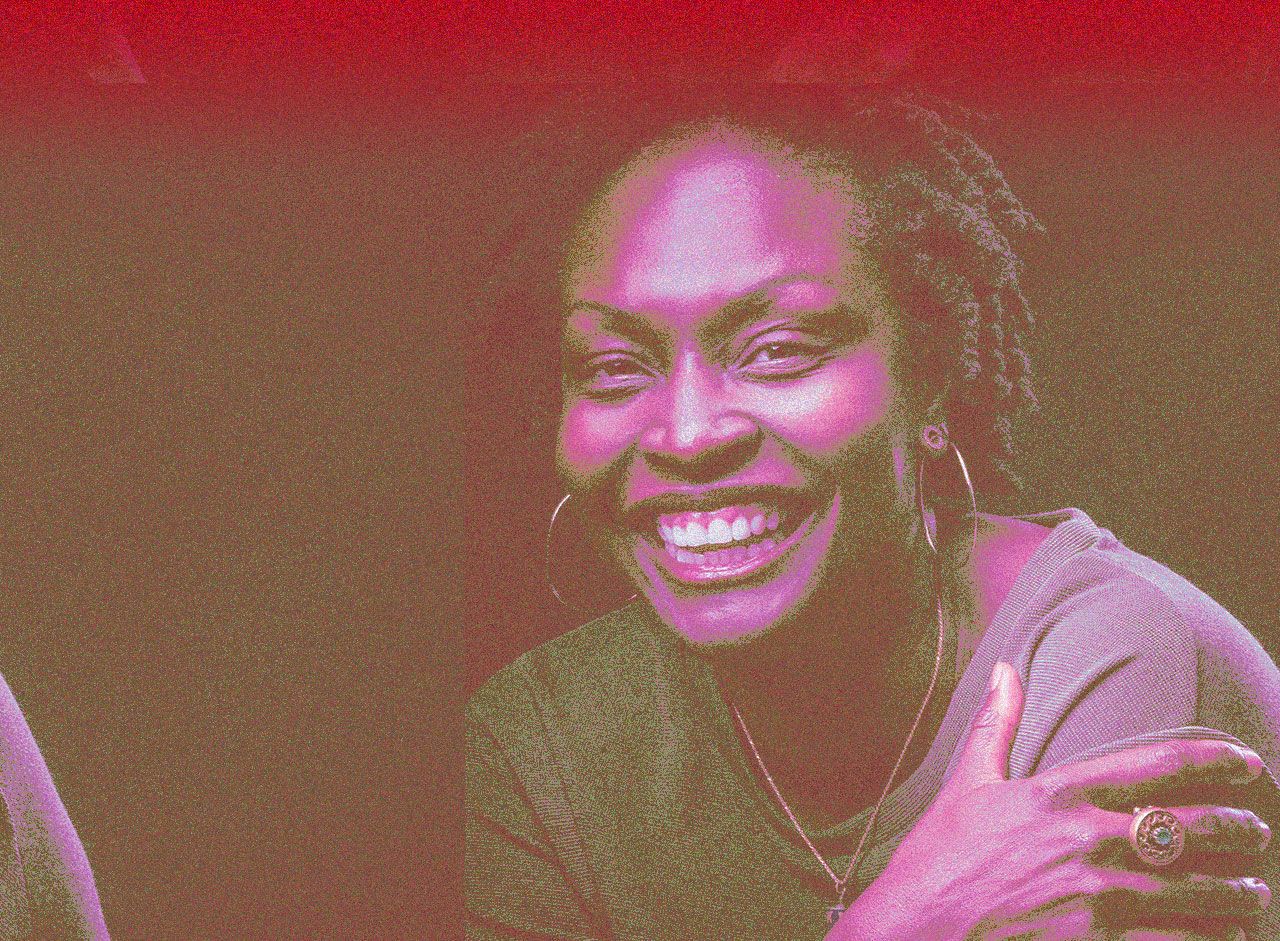
LA: What got you into crypto?
SM: My brother has been harassing me about this for literally years, so whenever anybody asks me now, I'm always very quick to give him all of the credit, saying, ‘I wish I had listened sooner,’ because obviously now it's taking off. I think for me it really crystallized last year on Clubhouse. I was invited to Clubhouse when it was mostly a startup. I slowly noticed that there was this shift towards NFTs, and so I, like so many other people, was at home, and we weren't going anywhere. Clubhouse was a new app that was the start of this whole new audio experience—it's easy to listen while you're working. I just tuned into everything NFT-related that I possibly could. That just really took off for me. I got it. I was able to understand it and it just intrigued the hell out of me.
LA: And then what made you want to explore it more? Was there something that hit you with it?
SM: I went to film school and used to make video art; one of the big challenges with digital art and particularly with video art that I was experiencing was: how does anybody collect this stuff? And that's when it clicked for me: this is the perfect solution to that question—like, ‘Oh shit, this is how you collect video art or digital art, right?’ Then the whole idea of the smart contract and provenance really sort of cascaded quickly. I was like, ‘Holy shit, this is going to change everything.’
LA: Absolutely. And then what is The BlkChain?
SM: So as with everything else, I look for human nature. You want to look around, you want to find your community, you want to see people that look like you, and I wasn't necessarily seeing that. Having the entrepreneurial mindset, and probably being West Indian, there's a drive there; if you don't see something and it doesn't exist, create it, right? That's what I did. I was like, ‘What do I want to see?’ I want to know where the artists are. I want to find out who's creating good art so that I could potentially collect good art, and I want to bring collectors and creators together and highlight these people. From what I've learned in the startup and VC ecosystem, women, especially women of color, tend to get left behind with this stuff, we're at the bottom in terms of getting VC funding for our startups, and the dominant culture gets elevated. So I was like, ‘Let's not have this happen again; let's make a concerted effort to elevate people that are typically left out.’ That's what The BlkChain is: a weekly newsletter.
LA: Was [The Blkchain] a self heart work, or did you feel like this was something a lot of people wanted and needed?
SM: To be completely honest, it was a selfish thing; I wanted to see it, so I did it, but I felt on some level that it would really resonate with the larger community—and I'm really, really happy it did.
LA: How do you imagine Black identities and stories playing a role in crypto and NFTs?
SM: Oh man. I think it's huge because a lot of the work that I'm seeing is Afrofuturism. What we're talking about with crypto is literally about building the future. As someone who has a keen interest in making sure that we don't make the mistakes of the past, it's critical that we're included and involved in this. We're so early in the NFT space that we’ve got to be here for the foundation of this stuff, and I think that's what we're doing now: we're building the foundation.
LA: What do you feel are the challenges of the Black community within crypto and how we can change it?
SM: I have to think and be a little diplomatic. Look, I think we need to be properly educated about what this is and be educated across the board. It's great to be selling art, [I’m] not mad at anybody who's selling art, but just like with anything else, we know that when the hammer comes down on certain things, it comes down harder on us than everybody else. So what I want us to do is to be aware of the full spectrum of the experience of NFTs. If you're selling NFTs, I want you to think about your taxes because you know how that goes. I love seeing people make a living from their art, but I just want us to also be aware of all the other things that could potentially complicate that.
For artists, it's not all about dropping something new every day, it's really about the narrative and the story around it, and I want us to be fully formed artists in that respect. Because when you talk about removing the middlemen—whether they are curators, galleries, or managers—then you take on all of that responsibility, right? That takes preparation, understanding, knowledge, and time. I would love to see us be fully immersed, but also well-rounded in all of the different aspects of what that involves.
LA: You’re highlighting so many beautiful artists within BlkChain, so what are some that you felt were a huge win?
SM: When I started The BlkChain, my thought was that I am going to highlight art that I like—why am I going to highlight something that I don't like? There's validation that every artist that I have done a feature on—yourself, Jah, Andre, Raven, Diana—has been ascending, and it just makes me so happy. It moves itself away from being like ‘Sian is just picking stuff that she likes,’ but ‘Sian is really looking ahead and picking people that are doing great work and then that work is elevating the space.’ That is the most rewarding thing for me: to see those people get flowers and go on to do amazing things.
LA: BlkChain is a publication, but also has a curatorial vibe as well. Are you interested in moving BlkChain into becoming an auction house or anything of that nature?
SM: Man, yes. Lots of plans for The BlkChain, and first and foremost, it requires bringing people on board to help me. It's hard doing this shit by myself and it just takes up a lot of time. The more popular it gets, the more work to go through. [There are] lots of really awesome partnerships coming down the pipe and I'm super excited about that.
One of the things that I can talk more about is the collector circle that I'm building, which is a way to onboard more collectors of color into the space and educate them. The BlkChain has this wonderful stable of artists that are doing awesome things, but how do we connect them with collectors that really have an appreciation for the work? Personally, something that I just don't like seeing is this extreme shilling that happens out on Twitter. I understand that it has to happen, Twitter is the number-one channel for NFTs and you are trying to get your work out, but it breaks my heart, particularly for artists of color, that some of them are resorting to almost begging. If we had a system or a platform that was built in where we could onboard new collectors and expose them to existing artists in the space, I think that's a win-win. So that's something that I'm actively working on to build out with The BlkChain.
The idea of decentralization, dispersing that power, and removing the hierarchy that's involved in some of that, I think, is huge for us.
LA: How do you feel Web3 could affect the representation of Black communities?
SM: What Web3 holds that has the ability to really affect change is the idea of decentralization. We're all very familiar with Web2 and that structure, all of the big websites that we spend our time on largely centralized, but also built on an existing power structure where power is held by a very select few. The idea of decentralization, dispersing that power, and removing the hierarchy that's involved in some of that, I think, is huge for us.
When I think about us as a Black community, we've always almost been under the thumb of some system. [Decentralization] opens it up, particularly when you're talking about finance and how that system is predicated on and reinforced by patriarchy and white supremacy, and we're talking about getting out from under that. That, for me, is the largest opportunity for us as a community, whether it's artists or otherwise.
LA: Do you feel that education will support that moving into the forefront more so? I often question, if we don't get educated, will we be able to really compete in Web3?
SM: I agree 100%. Education is the first step, and I know because when I talk to people about NFTs, about crypto, I feel like barriers to entry are still super high. So we’ve got to either bring those barriers down or bring the education level up so that people get it. I think some of that is intrinsic to Web3 and the UI issues that exist across the board—it's just not that simple. It needs to be in order to get to the mass adoption point that we're hoping will move the needle for our communities. So, yeah. Education, education, education.
LA: What's one thing you've seen within blockchain technology that could support Black developers, artists and collectors?
SM: Oh, I don't know, there's so many! I think the idea of not just provenance and sovereignty as it exists for creators, but the ability to have a smart contract that runs on its own which we can set up to apply to royalties or anything else in the space, is huge. I think the less human interaction, the better. But we have to be involved in the setup of it, because if you don't have that, then you have what's going on with AI—it's garbage in and garbage out. And then, who ends up being the most heavily policed as a result of that? It's us. So I think getting up on the idea of creating smart contracts that can run autonomously to benefit the community [is] perfect.
LA: That's where it's at.
SM: I'm just thinking of how the music industry has been built on the backs of Black artists who have routinely been robbed and hoodwinked and bamboozled when it comes to getting their rightful—what's the word I'm looking for?
LA: Their dues. Their dues.
SM: Their dues, exactly; whether it's from writing a song, or playing on a song, the idea that that could be autonomously managed I think is massive. I don't even think we've managed to really broach the changes that NFTs and Web3 will hold, particularly for music. I think what we're seeing with art is fantastic, but with music and with other art forms, I think it's going to be really, really huge.
LA: Do you fear the algorithm finding its way within Web3?
SM: Look, I think as long as we are involved, as long as it's equitable in terms of who's putting into the algorithm, it's fine. Where we run into issues is when there's not a diversity of thought behind what the algorithm is doing or what these smart contracts will do—that's where we're seeing a lot of the problems happen. So if we have women in the room, if we have people of color in the room, if we have queer folks in the room, then we can be good. Those people can't all be white, either. The societal ills also apply to smaller communities, you've got your racism in the LGBTQ community as well, but I think about just making sure it's as diverse as possible.
LA: What do you want to see for The BlkChain’s future?
SM: Exponential growth. I'm actually quite pleased with the way that it's growing, but I think the next step is to really scale it; it's to roll out some of these programs to get more involved in building a core community around the platform. I would love to see The BlkChain being more involved in elevating specific creative voices in the community, meaning I'd love to track the progression of an artist. Say an artist is featured one week in a drop, then the next progression for them would be a feature, and then maybe a next progression for them is something else—I'd love for The BlkChain to track all their trajectory. That's something I'm hoping to be able to do.
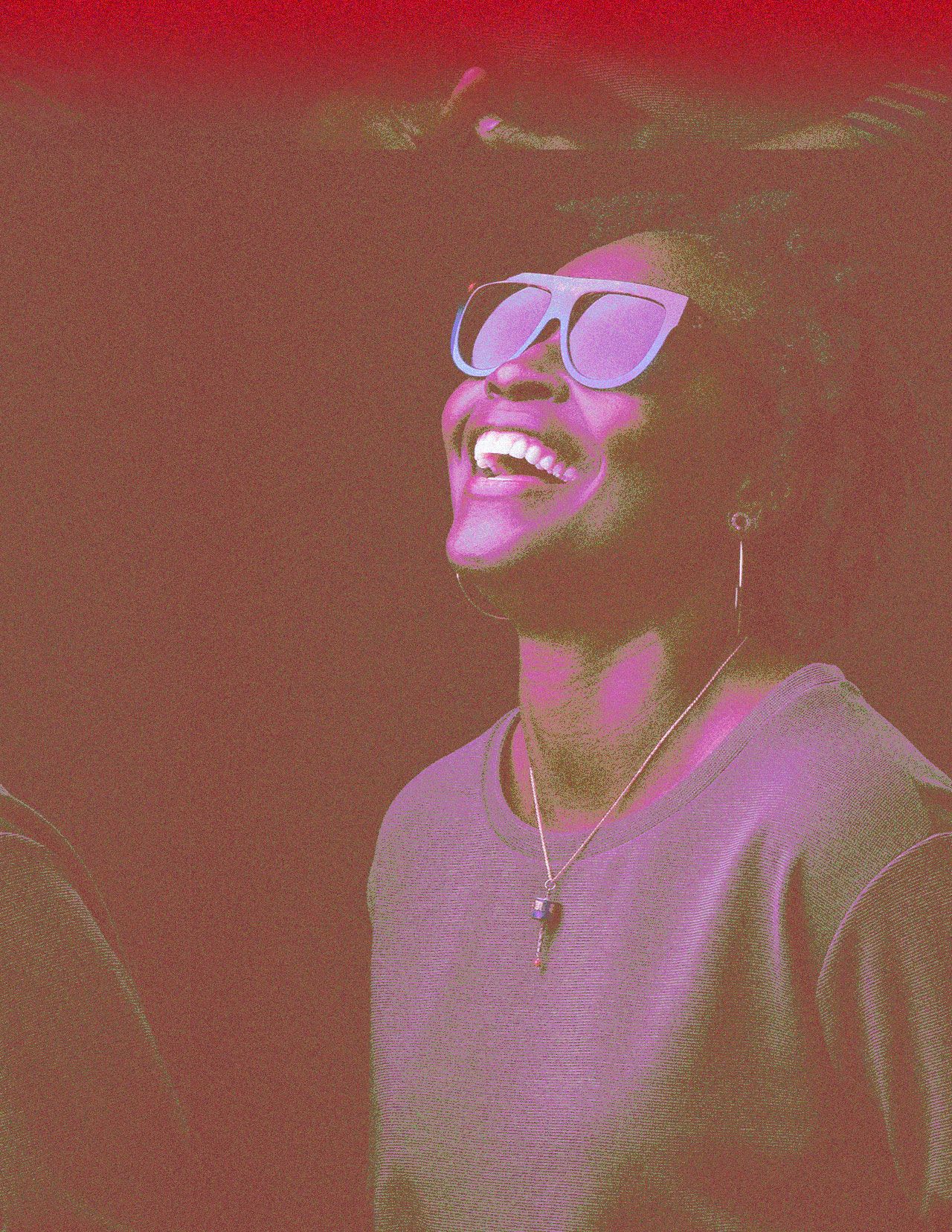
LA: I think that would be so powerful if you could find a way to track it; it would transform so many people's minds, too. Oftentimes people are just coming into the space and don't have any trackers of what happened before.
SM: My ultimate goal for The BlkChain is to create the largest collection of Black digital art, period. When I think of the Studio Museum or MoAD in San Francisco, that's what I'm thinking about for The BlkChain. We've started to build the collection, but I'm hoping to ramp that up considerably and start to not just highlight these artists, but buy their work—that's the ultimate form of support. My goal is to create a collection that has no rival in terms of Black digital art.
LA: BlkChain museums coming soon!
SM: Yes, ma'am. Physical and virtual that's the plan.
LA: I love it. What do you want to see for yourself in the next few years?
SM: For myself, whew, man, that's a good question. What I want to do is really sort of balance my curation with my creation. Ultimately, I want to create more work, but there's so much other stuff going on that is really rooted in me, amplifying other people's work. I need to find a balance with that, but that will come. I'm not really worried about that, I think it'll come.
LA: I just want to say thank you because I think you were one of the first people within the space to really want to do this kind of work. You have a creative in you and you have taken the time to push your creative to the side to amplify us. We really appreciate that. I just want you to know how sincerely important we feel this is and we're so grateful. It's so funny that you've interviewed me and now I'm interviewing you.
SM: I know, right? It's like a full circle moment. I think you were one of the first people. I was like, ‘Oh my God, I have to reach out to her!’ I didn't even know how to do it—I was just on Twitter! It's great to see your ascension, too.
LA: Thank you.
SM: You have just taken off in the space and it's been so beautiful to watch you reach back and pull other people along with you. Fantastic.
LA: Nah, but we sincerely feel that way. However we can support, we're going to support BlkChain because it needs to be amplified and pushed. You've taken a very nurturing spirit in a space that is not very nurturing all the time, and that's why I wanted to say we appreciate you. Not to call you a mother figure, but you've kind of taken that figure on for a lot of us. You're BlkChain feels like a home for a lot of us.
SM: I think that is probably one of the greatest compliments that I've gotten for The BlkChain. So I appreciate that so, so much, because it means that I'm doing exactly what I set out to do and it's being recognized.
